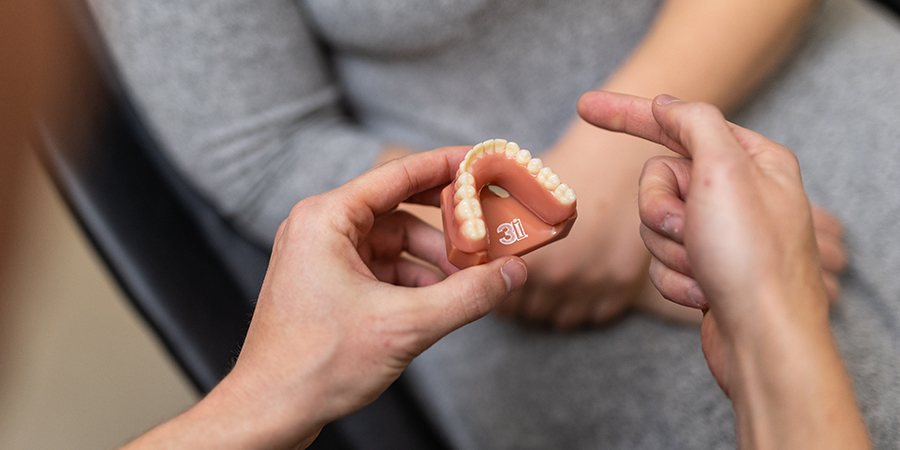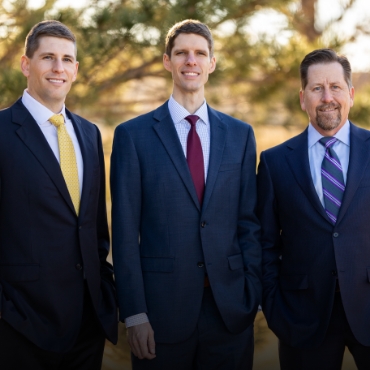
The canines, also known as eyeteeth, sometimes do not erupt through the gums the way they are supposed to and remain trapped under soft tissue. These impacted teeth often require oral surgery to allow eruption into their proper position.
Causes of Impacted Canines
Generally speaking, canines become impacted because they are malpositioned, or there is simply not enough space for them to erupt normally.
Impacted canines may be the result of any of the following conditions:
- Extra teeth may block their path to a normal eruption.
- Tooth crowding may eliminate the space they need for proper positioning.
- Unusual growths or pathology with the bone or gum tissue
No matter the cause of impaction, it is important to seek medical treatment. When left unaddressed, impacted canines can cause a range of complications, potentially impeding the functionality of your bite.
Treatment for Impacted Canines
Treatment begins with an oral examination. Your oral surgeon will evaluate your teeth and gums, as well as collect 3-D images to develop a custom treatment plan.
Depending on the cause of your impacted canines, it may be necessary for your oral surgeon to extract teeth or remove abnormal growths. Your surgeon will also cut away soft tissue to allow a clear path for your impacted tooth to erupt. Often, treatment takes place in conjunction with orthodontic care. An orthodontist may use a bracket and chain to move the impacted tooth into its correct, healthy position.
Treatment for impacted canines is generally done while sedated, ensuring that you do not experience discomfort during the procedure. After your treatment, your surgeon will provide you with clear instructions about aftercare, ensuring a smooth and uncomplicated recovery.
You’re in Good Hands with Mid-Kansas OMS
Impacted canines can prevent you from having a healthy, functional bite. Fortunately, the correct treatment can bring your teeth into their rightful position. We are pleased to provide treatment for patients of all ages.
To schedule a consultation, contact our oral surgery practice at (316) 722-0800.


